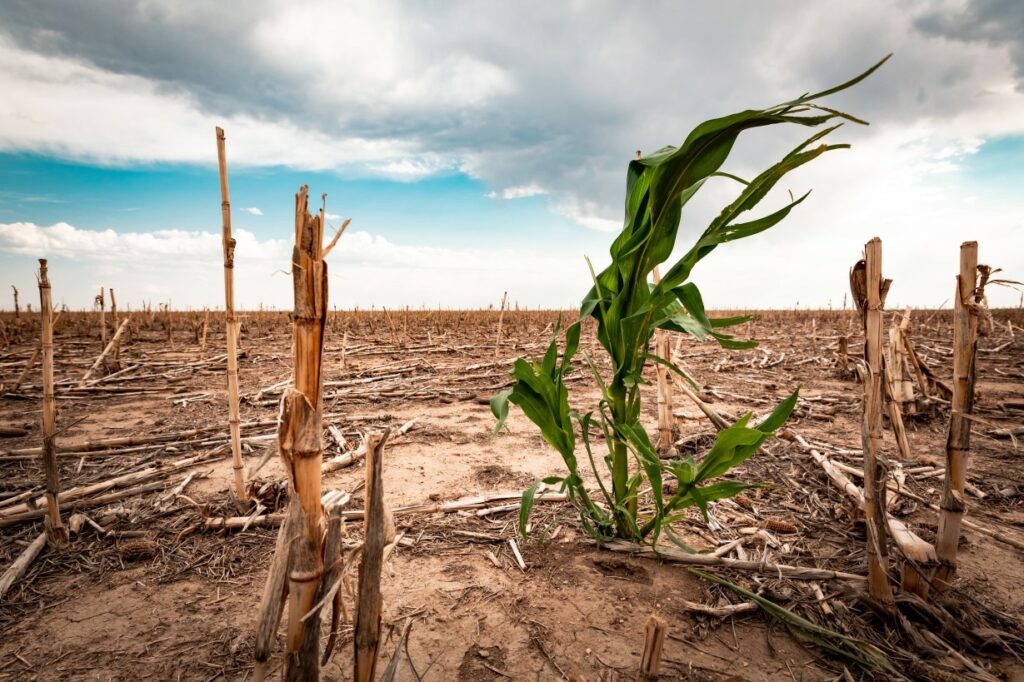
Heavy Rain, Flooding, and Chance of Severe Weather Staring Down the Southern U.S.
January 22, 2024
Posted: May 22, 2023 9:30 am





A change is on the way for western Canada, bringing relief from the consistent dry and warm conditions that have fueled massive wildfires in Alberta, British Columbia, and Saskatchewan. When will the weather change?
An incoming storm system is set to drop significant amounts of rain to the drought-stricken region of western Canada. The rain will get going by early in the week and will last through Tuesday. Several inches of rain are expected over a short time period.
The forecast is good news for a part of the country that has seen almost 100 wildfires already this spring, burning over 1 million acres and sending thousands of Canadians fleeing from their homes.
Although the rain will not hit all of the areas that have been impacted by the fires, the moisture will certainly help to mitigate the overwhelming smoke that has infiltrated western Canada and beyond over the last few weeks.
It has been an exceptionally dry spring for the province of Alberta. According to the latest data from the North American Drought Monitor, almost 85% of Albert is under the designation of being at least “abnormally dry.” In addition, approximately 41% of the province is under a drought because of insufficient amounts of rain and snow.
Alberta is not the only part of western Canada dealing with an ongoing drought. Some parts of British Columbia and Saskatchewan are also battling dry conditions.

Excessive heat is being partly blamed for the pervasive wildfires. Temperatures have been breaking daily record highs since the month started. For instance, Edmonton, Alberta has seen four daily record temperatures drop this week with the mercury climbing into the upper 80s.
This is about 10 degrees above the historical average. Although more record temperatures are on tap for the weekend for the capital city, the weather will turn cooler with the new work week.
The storm will first arrive late Sunday in British Columbia before pushing eastward into Alberta by Monday. Meaningful moisture will accompany the cooler temperatures with up to 4 inches of rain in the forecast for west-central portions of Alberta. This is well above the historical average of 1.5 inches for all of May.
The rain will certainly give a boost to fire crews dealing with the wildfires. However, too much rain too quickly could also trigger localized flash flooding. This risk will be particularly high in areas dealing with recent burn scars and across low-lying areas.
Forecasters warn that the rain will likely not be enough to completely eradicate the fires. According to government officials, there are currently over 90 wildfires burning in Alberta with about a dozen more raging in British Columbia, Saskatchewan, and the Northwest Territories.
The good news is that the vast amount of predicted rainfall will also help to reduce the risk for more fires in the coming weeks. Lastly, the rain will help to wash away the lingering smoke that has reached as far as the north-central U.S.
This smoke has been particularly noticeable in parts of the Dakotas, Minnesota, Nebraska, and Wyoming, triggering a number of air quality alerts this week.
The proliferation of wildfires in Canada have also impacted the country’s fossil fuel industry. Because so much of the oil sands production facilities are located in areas that have been deemed to be danger zones, the country is struggling to keep up with production. This has sent oil prices skyrocketing.
While this week’s rain will likely provide short-term relief for fire crews, the long-range forecast for this part of Canada is not as hopeful. Forecasters are predicting that high pressure will be the dominant weather element across British Columbia and Alberta in the coming months.
This climate phase will create drier than average conditions this summer, spelling potential trouble for the upcoming wildfire season.
Did you find this content useful? Feel free to bookmark or to post to your timeline for reference later.

January 21, 2024

January 19, 2024

January 18, 2024